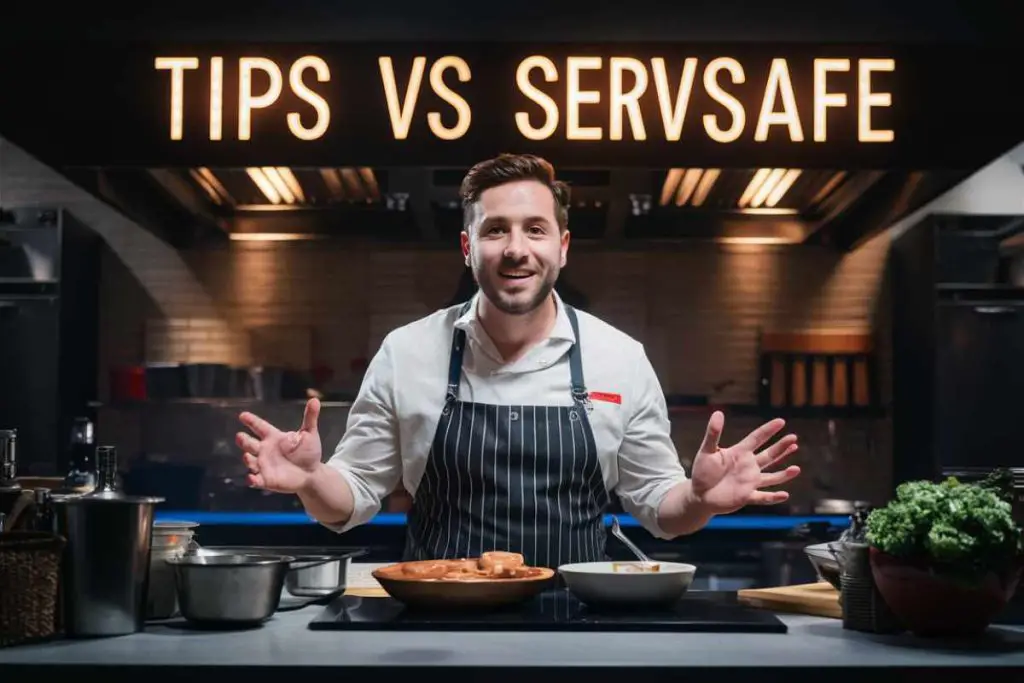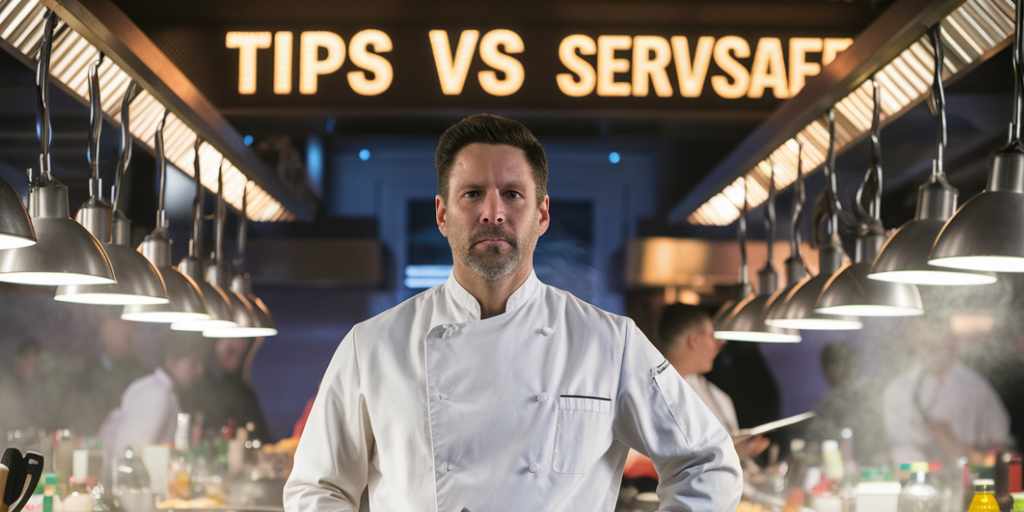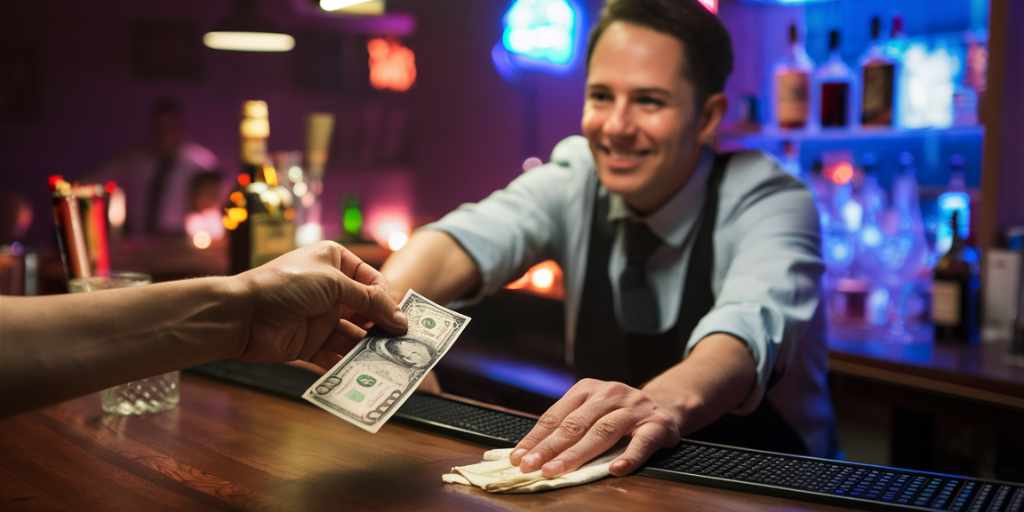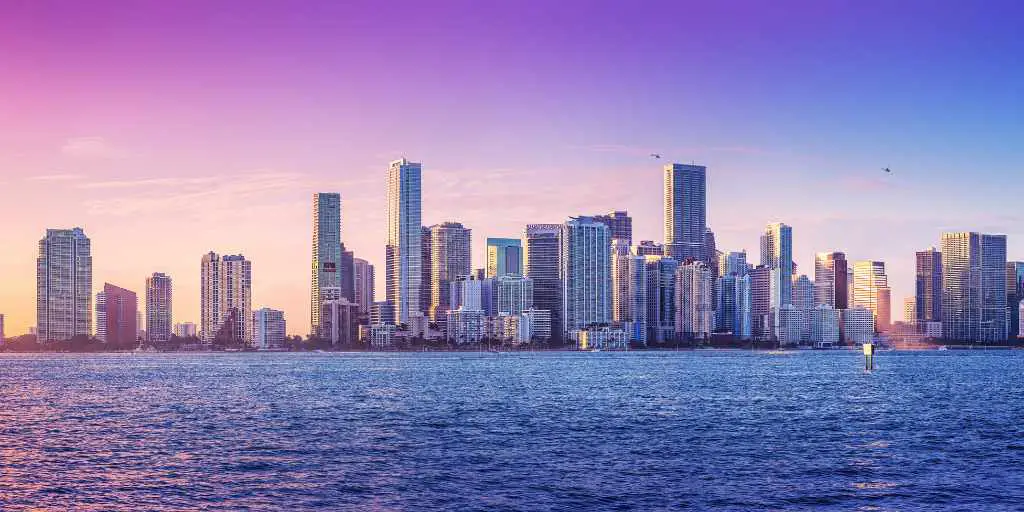When it comes to responsible alcohol service training, two prominent programs are often compared: TIPS and ServSafe. Each offers unique benefits tailored toward improving safety and compliance in the service industry. TIPS, standing for Training for Intervention Procedures, focuses on a behavioural approach and is recognized internationally. It aims to educate servers on how to prevent intoxication, drunk driving, and underage drinking effectively. On the other hand, ServSafe, managed by the National Restaurant Association, provides extensive training that includes both alcohol service and food safety, primarily focusing on the US on-premise settings.
Key Takeaways
- TIPS and ServSafe are leading programs in responsible alcohol service training.
- They differ in scope and approach, with TIPS having a global reach and ServSafe providing additional food safety training.
- Choosing the right training program depends on individual and establishment needs, emphasizing compliance and effective service methods.
Comparing Certification Programs
This section focuses on delineating the differences and similarities between TIPS and ServSafe, two leading certification programs in responsible alcohol service. Both programs are recognized for enhancing the knowledge and compliance of industry professionals regarding alcohol laws and safe serving practices.
TIPS Certification Overview
Training for Intervention ProcedureS (TIPS) is a skills-based training program designed for those involved in serving, selling, and consuming alcohol. TIPS certification equips individuals with the strategies necessary to prevent intoxication, underage drinking, and drunk driving. Offered in various formats, TIPS training includes both online courses and in-person sessions facilitated by a certified TIPS trainer.
ServSafe Alcohol Training
Managed by the National Restaurant Association, ServSafe Alcohol represents a comprehensive responsible alcohol server training. The ServSafe certification integrates knowledge of proper alcohol service with an understanding of the implications on safety and legality. ServSafe alcohol training is available through online training and classroom instruction.
Key Differences and Similarities
While TIPS and ServSafe both prepare individuals for the certification exam, each has its proprietary focus and content approach. TIPS is acknowledged as a global leader in alcohol server training, whereas ServSafe is more widely recognized within the United States. Both are known to meet regulatory requirements and local regulations.
Industry Recognition and Validity
ServSafe and TIPS certifications are nationally recognized within the hospitality industry and often required by employers. They are seen as standards for obtaining a liquor license and ensuring compliance with alcohol laws. The validity of these certifications can vary by jurisdiction, so individuals need to check local regulations.
Criteria and Course Structure
Both certification programs encompass a comprehensive training course structure that culminates in an exam. TIPS covers responsible alcohol service, while ServSafe also delves into food safety and HR compliance. The course structure of each program is specifically tailored to suit a diverse range of learning styles and schedules.
Cost and Accessibility
The cost and accessibility of both TIPS and ServSafe vary. Generally, both online training options and classroom sessions are provided at competitive rates, which can differ based on the provider. Ensuring access to training irrespective of location underscores the inclusivity of both programs.
Alcohol Laws and Regulations
ServSafe and TIPS training provide essential information on alcohol laws and regulations. Understanding and adhering to these laws is crucial for all alcohol servers, and comprehensive training courses like these empower individuals to serve responsibly and legally within their respective states and localities.
Responsible Alcohol Service Methods
Responsible alcohol service methods are essential for ensuring the safety and well-being of patrons in establishments serving alcoholic beverages. They are the cornerstone of programs like TIPS and ServSafe, which equip servers and bartenders with the necessary skills and information to serve alcohol responsibly, prevent intoxication, and handle difficult situations effectively.
Preventing Negative Alcohol-Related Incidents
Responsible alcohol training programs emphasize the importance of preventing illegal alcohol sales, especially to underage individuals and visibly intoxicated patrons. TIPS-trained employees are educated to detect signs of intoxication levels and use strategies to prevent intoxication. Regular assessments and certification of staff ensure the consistent application of these prevention methods in entertainment venues, liquor stores, and at private parties.
Intervention Techniques
Intervention procedures are crucial in handling patrons who have consumed too much alcohol. Training includes the HALT method (Hungry, Angry, Lonely, Tired) to assess customer needs and intervene appropriately. It’s not only about refusing service but also about employing intervention techniques to promote responsible alcohol consumption. Servers learn how to communicate effectively to de-escalate potentially difficult situations and prevent drunk driving.
Server Responsibilities
Server responsibilities go beyond just pouring drinks; they include making judgments about who to serve and how much to serve. Alcohol server training equips staff with the knowledge to make these decisions systematically and with a clear conscience. The law often holds servers accountable for serving alcohol to someone who is clearly intoxicated or under the legal drinking age, so understanding their legal and ethical responsibilities is critical.
Creating a Responsible Environment
To serve alcohol responsibly, there must be a responsible environment within the establishment. This includes clear signage of legal drinking age requirements, visible policies about not serving to intoxicated customers and active managerial support. Training programs emphasize the creation of an atmosphere that discourages excessive drinking and reinforces the expectation of responsible alcohol consumption.
Selecting the Right Program for Your Needs
Choosing the right training program between TIPS and ServSafe depends on evaluating your specific needs, understanding the regulatory requirements, and considering the investment and advantages.
Evaluating Your Training Needs
When selecting between TIPS and ServSafe, it’s critical to assess what the program offers in terms of content and delivery. TIPS is widely recognized as a skills-based training program that focuses on responsible alcohol service on a global scale. In contrast, ServSafe provides comprehensive server training that includes food safety and is primarily tailored for on-premise scenarios in the U.S. For those needing more than just alcohol training, such as HR compliance courses, ServSafe might be the better option.
On the other hand, TIPS offers online courses that can cater to various businesses and might be deemed more flexible for organizations with an international staff or clientele, due to its global reach.
Understanding Local and State Requirements
The next step is to understand the local regulations and regulatory requirements to maintain or obtain a liquor license. Different states have disparate stipulations, and some might specifically endorse programs like TIPS or ServSafe or both. For example, establishments in Massachusetts and other eastern states have other state-approved alcohol training providers beyond TIPS and ServSafe, implying a need to research what’s recognized locally.
The local regulations may also dictate whether the training must be conducted in person or if online training options suffice. ServSafe offers region-specific training, which may align better with particular state regulations. It’s essential to verify with local authorities to ensure compliance.
Considering the Costs and Benefits
Lastly, considering the cost against the benefits is crucial for any business decision. ServSafe courses range widely in price, based on whether the exam is taken on paper or online. TIPS, as a global leader in alcohol training, may offer diverse benefits, especially in environments requiring its internationally recognized certification.
While ServSafe might initially appear costlier, it’s important to evaluate whether its comprehensive approach, which might include food handling as well as alcohol service, presents a better budget fit in the long run. There are no third-party studies explicitly cited regarding the return on investment for these programs, yet the cost should be balanced against the proven effectiveness and extent of the program’s relevance to your specific operational needs.
Each program brings a unique set of features to the table. Assessing the specific training program suitable for your operations involves weighing the program’s scope, alignment with local regulations, and the value-add for your team’s development and certification.
Frequently Asked Questions

What are the primary differences between TIPS and ServSafe Alcohol certifications?
TIPS certification prioritizes global responsible alcohol service and is recognized internationally, while ServSafe Alcohol certification is focused on training for on-premise alcohol service in the United States. ServSafe also covers food safety and HR compliance courses tailored to the restaurant industry.
How does the cost of obtaining TIPS certification compare to ServSafe?
The cost involved in obtaining a ServSafe certification varies between $69 to $189 depending on whether it includes a training course. On the other hand, TIPS certification cost varies based on the provider and the mode of training offered.
What are the specific requirements for TIPS and ServSafe certifications in California?
In California, both TIPS and ServSafe certifications require the successful completion of an accredited course and a passing score on the respective exams. Both programs are designed to comply with California state laws regarding alcohol service.
What does it mean to be TIPS certified, and how does it differ from being ServSafe certified?
Being TIPS certified means the individual has been trained in responsible alcohol service practices applicable globally. ServSafe certification encompasses knowledge of food safety in addition to alcohol service, focusing on the hospitality industry within the United States.
How long is a TIPS certification valid, and is the duration the same for ServSafe?
A typical TIPS certification is valid for three years from the date of completion. Similarly, ServSafe Alcohol certification usually holds the same duration of validity, although it is important to verify as regulations may differ by state and over time.
Are TIPS and ServSafe certifications recognized differently in the food and beverage industry?
TIPS certification is generally recognized worldwide as a standard for alcohol service training, suitable for a variety of businesses. ServSafe certification is widely recognized in the United States, especially for its comprehensive approach covering food safety, alcohol service, and HR compliance.




